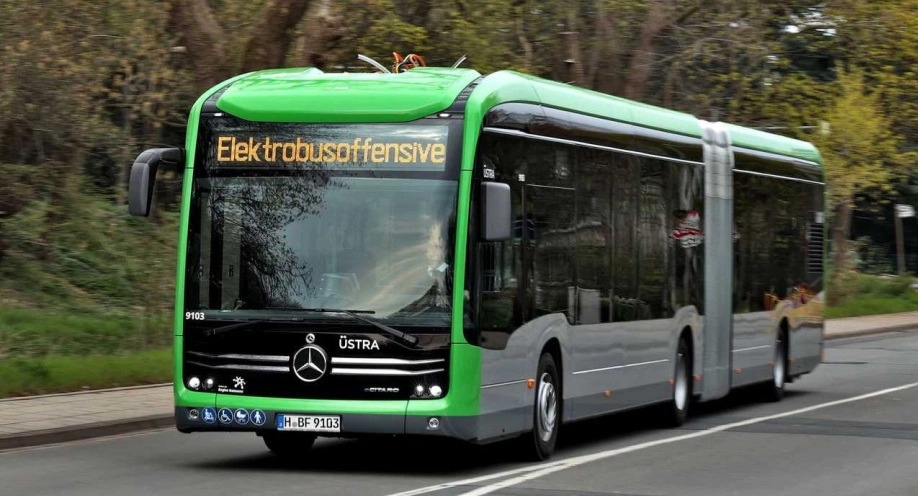The Association of German Transport Companies (VDV) is urging for more consistent federal funding to ensure the exclusive registration of zero-emission city buses from 2030, provided the European Parliament and the European Commission prevail over member states.
Vice President Werner Overkamp emphasizes the dire situation faced by small and medium-sized bus companies in Germany, stating, “They have no chance of converting their fleets and workshops.”
The VDV underscores in a press release that municipal-level funding is inadequate to cover the costs of fleet conversions, necessary infrastructure such as workshops, charging stations, safety management, and the training of personnel in high-voltage technology.
As per the EU regulation, intercity buses are required to reduce their CO2 emissions by 45% from 2030 compared to 2019, aligning with the EU’s goal of achieving climate neutrality by 2050.
Overkamp highlights the significant infrastructural challenges posed by the transition to emission-free city units by 2030 and the ambitious CO2 reduction targets for intercity buses.
“The investments in e-buses, combined with the expansion of the charging infrastructure, the adaptation of depots, workshops, and network connections, far exceed the financial capacities of transport companies and local authorities,” he states.
“Without substantial financial support from the federal government – specifically the resumption of subsidies and funding for the switch to e-mobility – these crucial steps towards achieving climate neutrality cannot be realized,” he adds.
Overkamp emphasizes, “If the federal government co-decides at the EU level to only allow climate-neutral city buses by 2030 and to reduce CO2 emissions by 45% for other fleets, then these are climate protection policy decisions that we support.”
However, he notes the contradiction with the discontinued financial support from the federal government, especially affecting small and medium-sized bus companies in Germany.
Without reliable federal funding, the conversion to e-buses and the necessary infrastructure will be challenging, leading to prolonged use of diesel units that were originally intended to be phased out.
Read more: Ioki advocates for promoting autonomous mobility. End of public transport as it is known?





